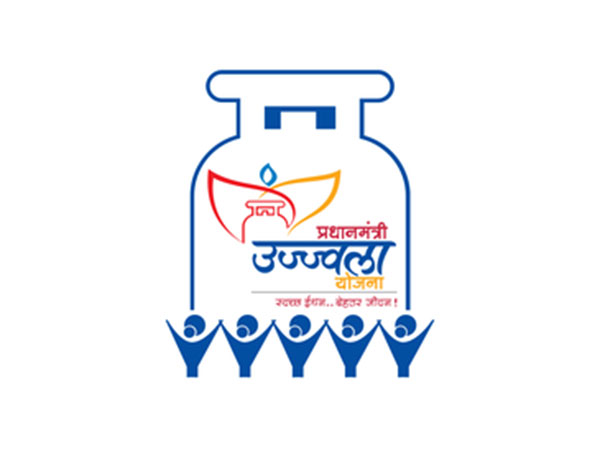India marked the ninth anniversary of the Pradhan Mantri Ujjwala Yojana (PMUY), a flagship welfare initiative that has revolutionized access to clean cooking fuel across the country. Launched on May 1, 2016, by Prime Minister Narendra Modi, who now completes 11 years in office, the scheme has grown into the world’s largest clean energy program for households, transforming the lives of millions—particularly women—in rural and economically weaker sections.
PMUY was initially conceived to provide deposit-free LPG connections to adult women from poor households. Over the past nine years, it has reached 10.33 crore beneficiaries as of March 1, 2025, enabling a major shift from traditional fuels like firewood and cow dung to cleaner alternatives. Data shows that out of 8.99 crore connections released by April 2022, 8.34 crore beneficiaries refilled their cylinders at least once between April 2022 and March 2024—signaling consistent and sustained usage.
To bring the remaining unserved households under the LPG umbrella, the government launched Ujjwala 2.0 in August 2021. Initially targeting the release of one crore new connections, the scheme surpassed its goal by January 2022. Subsequently, an additional 60 lakh connections were provided by December 2022.
In a further push, 75 lakh more connections were sanctioned for distribution between FY 2023–24 and FY 2025–26, a target achieved ahead of schedule in July 2024. Ujjwala 2.0 also introduced simplified norms for migrant families, allowing them to apply using a self-declaration, bypassing the need for standard documents like ration cards or proof of address.
The expansion of the LPG network has accompanied the program’s success. India now has 32.94 crore active domestic LPG consumers, with PMUY users accounting for nearly one-third. Oil Marketing Companies (OMCs) have played a critical role, setting up 7,959 new LPG distributorships between April 2016 and October 2024—93% of them in rural areas.
The total number of distributors has jumped from 13,896 in 2014 to 25,481 in 2024, an 83% increase, while rural distributors alone have seen a 161% surge, reinforcing the government’s commitment to last-mile delivery.
Affordability has been central to PMUY’s success. As of January 2025, PMUY beneficiaries in Delhi pay an effective price of ₹503 for a 14.2 kg LPG cylinder, compared to ₹803 for non-beneficiaries. This price stands in stark contrast to neighboring countries, where the same LPG cylinder costs ₹1,094.83 in Pakistan, ₹1,231.53 in Sri Lanka, and ₹1,206.65 in Nepal, according to Petroleum Planning and Analysis Cell (PPAC) data.
Thanks to such efforts, per capita LPG consumption among PMUY beneficiaries has steadily climbed—from 3.01 cylinders in FY 2019–20 to 4.43 cylinders in FY 2024–25 (as of March 2025), reflecting increased adoption and changing cooking habits.
Numerous studies have highlighted PMUY’s tangible impact on public health, economic empowerment, and environmental sustainability. By reducing reliance on biomass and firewood, the scheme has helped lower indoor air pollution, significantly improving the respiratory health of women and children. It has also freed up time previously spent on collecting fuel, allowing women to engage in income-generating activities and improve nutritional outcomes through more efficient cooking.
The shift to LPG has also curbed deforestation, contributing to broader environmental conservation goals.
Among the states making the greatest strides in PMUY implementation are Uttar Pradesh, West Bengal, Bihar, Madhya Pradesh, and Rajasthan, all of which have contributed significantly to the scheme’s national footprint.
The initiative has also received global acclaim. The International Energy Agency (IEA) described PMUY as a “major achievement” that goes beyond energy access, emphasizing its economic and social impact. The World Health Organization (WHO) recognized the program in a 2018 report for its role in addressing the global challenge of household air pollution.














